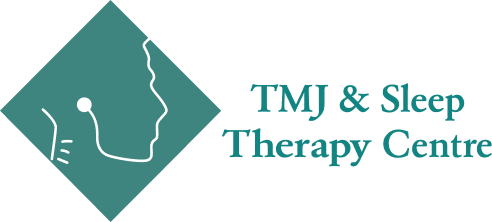Snoring, Daytime Fatigue, or Brain Fog? It Could Be Sleep Apnea
If you or your loved ones are experiencing persistent snoring, exhaustion, or unexplained daytime fatigue, it might indicate something more serious than stress or aging. Snoring and sleep apnea aren’t just disruptive—they significantly impact your overall health. Over 10 million people in the United States suffer from sleep-related breathing disorders like obstructive sleep apnea (OSA). Our patients from Fort Wayne and Granger often discover that symptoms they’ve struggled with for years are actually due to sleep apnea.
7 Surprising Facts About Snoring and Sleep
- Snoring is not harmless. Regular snoring is linked to cardiovascular disease and stroke.
- Insomnia could be undiagnosed sleep apnea. Mayo Clinic research found 91% of patients not responding to insomnia treatments had sleep apnea.
- Increased diabetes risk. Sleep apnea significantly raises your chance of developing type 2 diabetes.
- Cognitive health impact. Untreated sleep apnea accelerates cognitive decline and memory problems.
- No snoring required. Many people have sleep apnea without noticeable snoring.
- Mental health concerns. Sleep apnea raises your risk of depression and anxiety.
- Weight gain connection. Sleep apnea contributes directly to rapid weight gain, creating a challenging cycle.
What Exactly is Obstructive Sleep Apnea (OSA)?

5 Overlooked Signs You Might Have Sleep Apnea
1. Loud or Inconsistent Snoring
Patterns like loud snoring, gasping, or pauses in breathing can signal sleep apnea.
2. Daytime Sleepiness and Brain Fog
Disrupted oxygenation leads to difficulty staying awake during meetings or driving.
3. Waking Up With Dry Mouth or Sore Throat
Frequently caused by mouth breathing associated with sleep apnea.
4. High Blood Pressure or Heart Concerns
Sleep apnea strains your cardiovascular system, increasing the risk of hypertension and other heart problems.
5. Snoring or Restless Sleep in Children
Enlarged tonsils, behavioral issues, or poor focus can indicate pediatric sleep apnea.
What If I Don’t Snore?
Why It’s Important to Get Evaluated
How Sleep Apnea is Diagnosed
Obstructive Sleep Apnea (OSA) requires diagnosis through a sleep study conducted by a physician. There are two primary types of sleep studies:
- Polysomnogram (In-Lab Sleep Study): Comprehensive monitoring conducted overnight in a sleep center.
- Home Sleep Test (Out-of-Center Study): Convenient and increasingly accurate tests conducted in your home.
Our sleep specialists help determine the best test suited to your needs. While in-lab sleep studies offer detailed data, home tests are frequently required first by insurance providers and have significantly improved over recent years.
Personalized Sleep Apnea Testing & Treatment
Our team in Fort Wayne and Granger helps patients identify their sleep disruptions and develop tailored treatment plans. Effective treatments may include:
- Custom Oral Appliances: Effective for mild to moderate sleep apnea, offering significant lifestyle and compliance benefits. Many patients prefer them due to comfort and convenience.
- CPAP (Continuous Positive Airway Pressure): Highly effective for moderate to severe sleep apnea. CPAP treatment is closely coordinated with a sleep specialist, ensuring comprehensive and collaborative care.
- Myofunctional Therapy: Exercises designed to strengthen airway muscles.
- Positional Therapy: Adjusting your sleep position to reduce apnea events.
- Weight Management and Lifestyle Changes: Personalized strategies to minimize symptoms.
- Advanced Non-surgical and Surgical Options: Additional treatments available for complex cases and specific needs.
